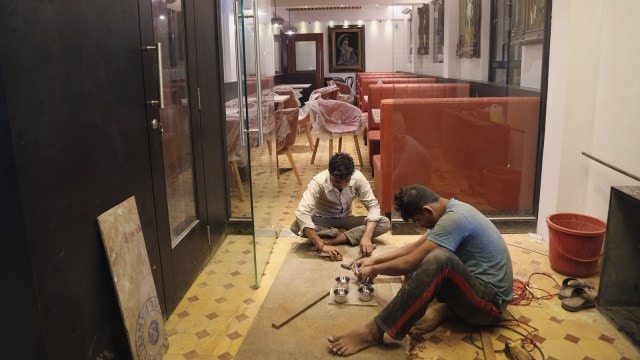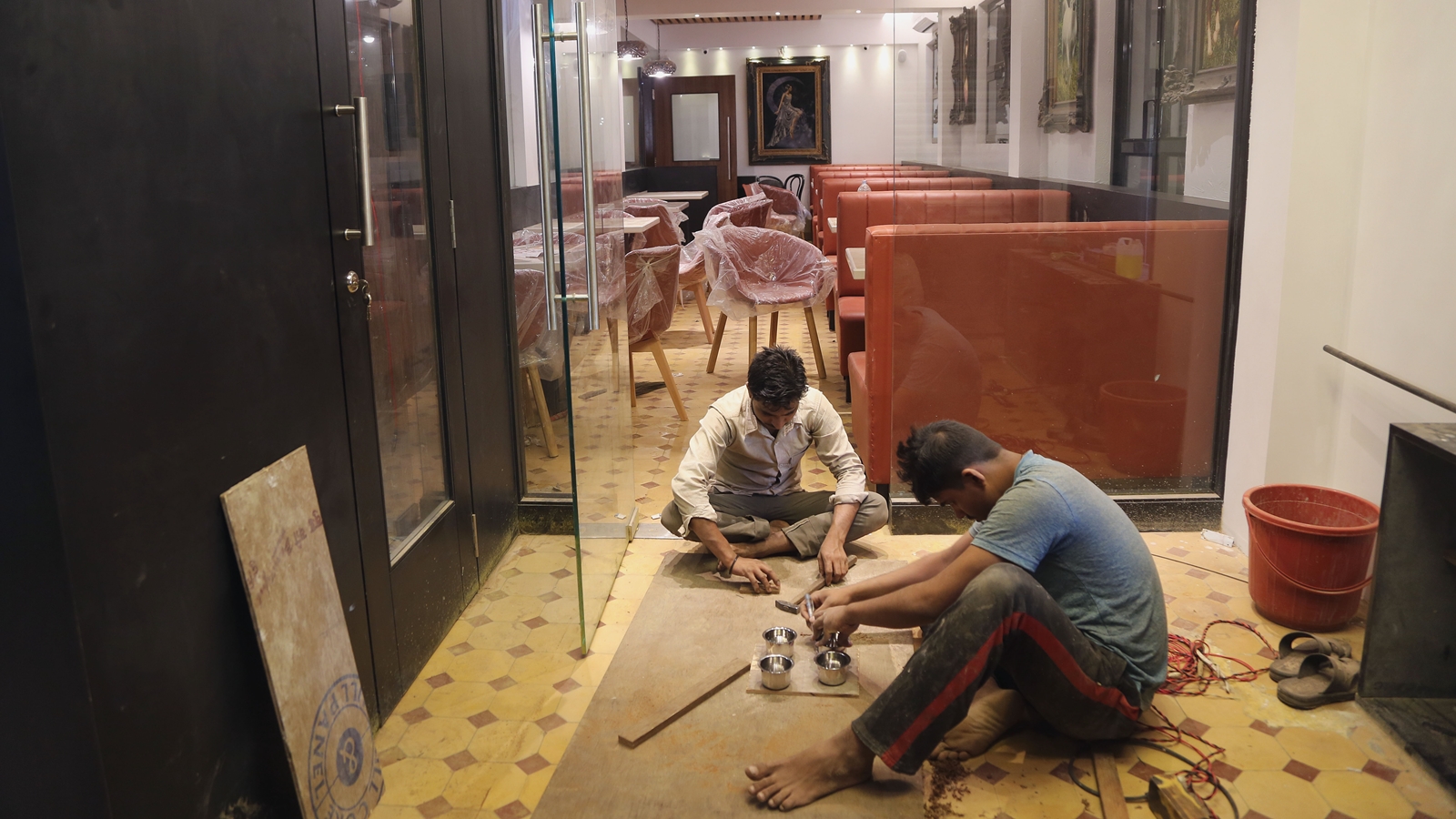
Anyone who has visited a mid-tier restaurant in India before the late 1990s will recognise this experience: The server – instead of bringing water glasses on a tray – would carry all of them in one hand, bunched up, held together by a finger sticking inside each glass to press the glasses against each other to prevent any falls. One joke I heard about this technique was that the server, on being told that his fingers inside the glasses were contaminating the water, replied: “Sir, why are you worried about this? The guy dispensing the water is standing in the drum of water.” (Storage of water for daily use was a common method to deal with unpredictability, in those days, in the water supply.)
The point of starting the article with this anecdote is to highlight that the sensibilities of a majority of the population about acceptable quality and contamination can be miles apart from the requirements in high-end manufacturing. The same individuals who are comfortable with the above scenario come to work at a facility that requires certain cleanliness standards either for production of high-quality goods or for delivery of special services (such as healthcare). People’s mindset doesn’t change the moment they set foot on company premises. Unlearning and relearning help achieve this. This investment has to be borne by the enterprise since the company is ultimately responsible for the quality of its products and services. Depending on the gap, this can take years. Even now, in some top hospitals, my experience has been that some physicians do not wear gloves while conducting a physical exam. Non-physician staff are even less mindful about the best practices to control spread of contamination.
These observations are not meant to be disparaging. These highlight a reality that has to be reconciled with India’s goal of becoming an economic power. A global economic power has two facets; one is commonly discussed – the issue of sustained economic growth; the second one – that of globally aligned regulations – is discussed far less.
The recent debate about India’s growth story has been about the best way to sustain it – especially to create enough employment to capitalise on the country’s “demographic dividend”. The one point of agreement is that India needs exports since domestic consumption alone cannot support the employable population. To be globally competitive, India has to achieve quality standards at scale — whether the focus is manufacturing or services or both. Without a change in mindset about quality, India’s dividend can turn into a deficit.
In addition to building a competitive industry, there is another requirement that needs to be met for India to realise its global aspirations — aligning its regulations with international standards. One example is the recent revision of drug manufacturing laws (known as Schedule M). This revision came into effect at the end of June for large companies and it aligns with the manufacturing requirements in developed nations.
Traditional manufacturing places emphasis on checking the quality after production is complete — any defects are addressed through rework and reprocessing. In contrast, rework is frowned upon in advanced manufacturing – it emphasises “building quality into the process” by ensuring that the manufacturing process is tested thoroughly for input materials of a specified quality. The quality of the final product is, therefore, almost guaranteed. The approach requires a thorough study of all the variables that could affect the process and the final quality. Any quality failure is a surprise and implies some gaps in the understanding of the process — a gap that needs to be filled with further study.
A system is as good as the people operating it and such a system requires people committed to the cause of zero defects (the mindset) and with a technical know-how to understand the process details (the skills). The system is not just the manufacturing companies — it encompasses suppliers, customers (those that appreciate the quality and are willing to pay for it) and even regulators.
Thus, a vision of economic power needs individuals with mindsets and skills to appreciate and enhance good quality. Currently, India has pockets of excellence that have imbibed this mindset. The challenge is to make this achievement broad-based. This needs sustained investment. The debate is whether the investment will come from public or private sources. One criterion for private investment is the potential for future returns. The contradiction in India is that quality is often demanded at low prices. The pharmaceutical industry is an example — price controls in the domestic market cannot be congruous with demands of exceptional quality standards.
The cliché is that quality is a journey. This is an essential component of the journey to economic power. Sustained investment and careful planning will make this a smooth sail instead of a rocky road.
The writer is MD, Resonance Labs



